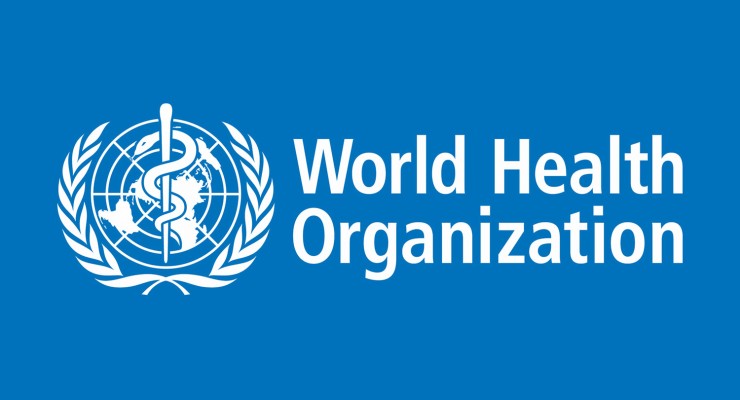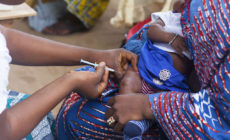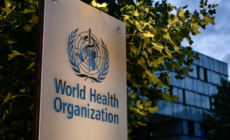WHO issues ‘safe sex warning’ to Ebola survivors
- Posted on
- Comment
 The WHO has urged Ebola survivors to be even more cautious during sexual contact to ensure the virus is not passed on to their partners.
The WHO has urged Ebola survivors to be even more cautious during sexual contact to ensure the virus is not passed on to their partners.
The warning comes after a survivor was found to have traces of Ebola in his semen almost six months after recovery.
This is some 90 days later than previously documented.
It is unclear whether Ebola can still be spread at this point. But officials have launched further investigations to evaluate the risks.
New evidence
There have been no proven cases of Ebola being transmitted through sexual contact with survivors during this or previous outbreaks.
But according to Dr Nathalie Broutet, a medical officer at the World Health Organization, the recent case prompted experts to strengthen their advice.
Dr Broutet told the BBC: “The patient is the first we have seen where there is a trace of virus present in semen beyond three months.
“This made us change our recommendations to go beyond three months.”
The new advice says: “For greater security and prevention of other sexually transmitted infections, Ebola survivors should consider correct and consistent use of condoms for all sexual acts beyond three months until more information is available.”
It builds on previous guidance suggesting abstinence or safe sex up to 90 days after symptoms first develop.
But Dr Broutet cautioned further analysis must be done.
“Even though the sample was positive for fragments of the virus this does not prove it was passed on sexually.
“We need to be very careful and need more clarity about this,” she said.
Scientists are planning to send the sample to the Centres for Disease Control in the United States to see if the traces of Ebola they found are active and capable of being spread.
And Dr Broutet is helping to set up studies in Sierra Leone and Guinea to offer male survivors further checks.
According to the WHO, there is no current evidence to suggest that active Ebola virus is present in vaginal fluids once someone has recovered.
Ebola is known to spread through close contact with the bodily fluids of a person who has the active virus and shows symptoms of the disease – such as a high fever.
Experts emphasise that people who have recovered from Ebola do not pose any risks to the general public and should not be isolated.
–










 (Selorm) |
(Selorm) |  (Nana Kwesi)
(Nana Kwesi)